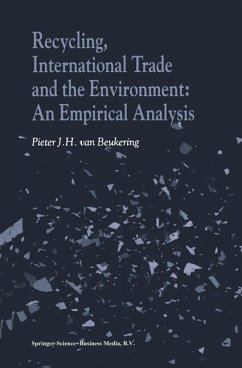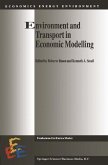During the last century international trade has become indispensable for many economies. This is not only the case for trade in primary raw materials and consumer products but also for secondary (recyclable) materials. With the rapid growth of the recycling sector worldwide, trade in recyclables increased tremendously. It is striking that most of this trade flows from developed to developing countries. This book addresses the main causes of this typical trade pattern and investigates its economic and environmental effects by carrying out case studies on waste paper imports in India, waste plastics imports in China, and used-tyre trade in Europe. The book concludes by recommending policies that are aimed at preventing negative economic and environmental effects potentially resulting from trade in recyclables. The book offers new ideas to researchers who are involved in international trade, material flows, and waste management, and provides new insights for decision-makers who are interested in WTO and the Basel Convention.








